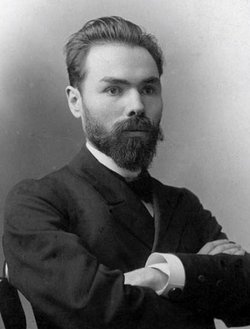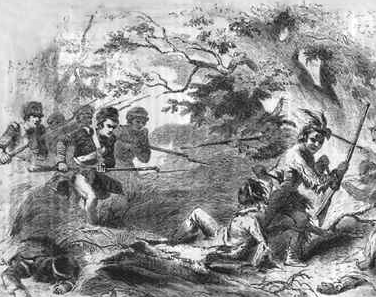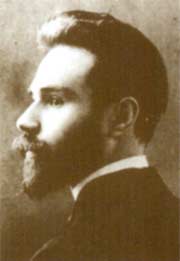The Commonwealth of
Cedarwood River - Rivière Cèdre
"I burn my father's flag"

Table of Contents
Geography
History
People of Interest
Cedarwood River - Rivière Cèdre
"I burn my father's flag"

Table of Contents
Geography
History
People of Interest
Listen to the rain,
On the oaks and the ashes,
On the cedars and the pines,
On the young ones' hearts,
And the old ones' minds.
Listen to the rain.
~ Jessica Ellis, extract from Cascade, 1964
I had not known liberty and love until I came to Cedarwood River.
~ Ferris Bukowski, first generation immigrant and writer, 1905
We'll stand like these mountains, we'll fight like this rain, and we'll let the world know that we are and always will be as free as the waters of this river.
~ Matthieu Lamarque, first president of Cedarwood River, 1800
[Translated from the French by Mandy Werner, 1996]
Too many god damned bears.
~ Anon
The Commonwealth of Cedarwood River is a small, prosperous nation that sits on the northwestern edge of North America, between the Pacific Ocean and the Cascade Mountains. The country was formed in 1805 by groups of fur traders and colonists predominantly from France, Germany, Ireland and Scotland, as well as the fledgeling United States. It grew out of the settlements and trading posts that had been existing outwith national borders for years, and its people were forced to fight a series of wars against the colonial powers, and railway companies, that wished to affirm their grip on the frontier. The country is famous, or perhaps infamous, for the intense value it places on civil liberty and, due to this, a common Cedar stereotype is a loud, arrogant jingoist who nobody likes to talk to at parties, but who is a pretty decent singer.
The nation is, even today, largely wilderness, with the major cities and roads being built with the land rather than through it. With such a minute agricultural and industrial sector, the national economy is largely based on the fishing, hunting and lumber and knickknack and tourism industries. The arts are also a staple of the Cedar economy, with many poets, writers, painters and musicians hailing from Cedarwood River.








